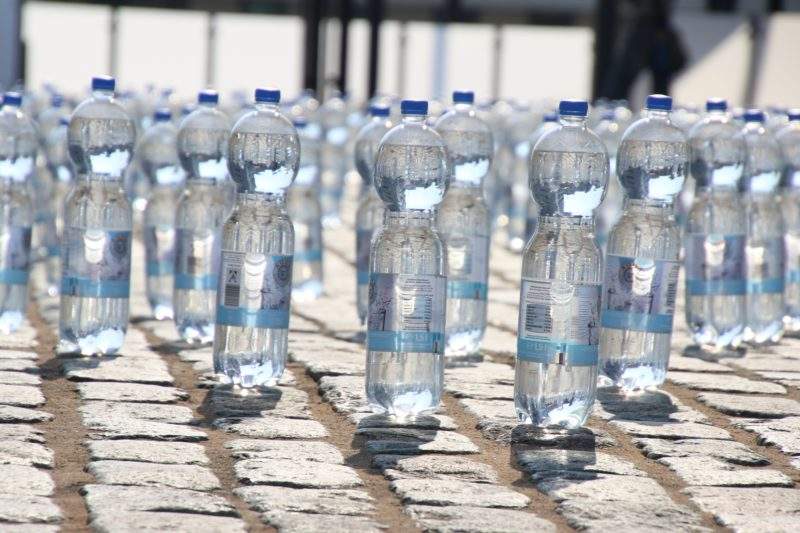With over 700,000 bottles in the UK littering streets and nearby seas each day, the government had no choice but to implement its own deposit return scheme (DRS). The idea already has many supporters, but ideas alone will not solve the global waste crisis – the key to success is in the execution.
The advantages are obvious. In Norway, where UK government officials investigated the scheme’s efficiency, bottle waste has been reduced by 97%, and similarly impressive figures have been recorded elsewhere as well. Given the high demand for industry-wide recycling efforts in the UK, the chances of achieving near-equivalent rates are strong.
The proposed scheme, which for now only applies to England, will also target a variety of different materials, including single-use glass and metal cans, so consumers won’t be able to avoid the deposit by merely opting for a different pack type. It will also focus on packaging used away from homes, meaning unrecyclable forms of plastic can be isolated and avoided.
But not all ideas are foolproof. With the scheme requiring input and cooperation from consumers, retailers and companies, there are a handful of ways in which DRS in the UK could end up being… rubbish.
Ineffective deposit
All the planning in the world will be for nothing if the deposit amount isn’t spot on.
If it’s too high, consumers risk being put off – a high initial cost will always daunt consumers, even if they are going to get some of that cost back at some point. If it’s too low, then the scheme won’t have anywhere near the desired effect. It is hard to imagine consumers queuing to return their empty bottles in exchange for mere pennies.
There has to be a suitable financial incentive or interest will be lower than expected.
The suggested amount is around the 15 pence mark, which would be almost double that typically seen in Sweden but still some way off the amount charged in Germany. Meanwhile, deposits in Norway range from one krone (roughly nine pence) to three krone (28 pence).
Lack of exposure
Achieving high recycling rates in Norway, a country of five million people, is one thing. To manage it in the UK with a population 13 times greater will take some doing.
Germany has already shown it can be done. Posting recycling rates of 93%, its own DRS scheme has proved highly successful since its inception in 2003, and with an even bigger population than the UK.
The key is consumer awareness. Not everyone in the UK watched Blue Planet II, which sparked a wave of recycling efforts and commitments after exposing plastic’s impact on oceans. Not everyone will know which materials can and can’t be recycled, and not everyone will have heard about the DRS and its benefits. It’s down to the companies to tell them.
The most effective ways to do this are to improve information on packaging, invest in widespread marketing efforts and encourage participation from consumers.
The limitless appeal of profit
Expect companies and retailers to try and benefit from the scheme wherever possible.
The appeal of revenue is limitless. Profits will be boosted substantially by all unclaimed bottles, but with companies in the UK already bracing for the soft drinks levy coming into force in April, any loopholes will certainly be exploited.
The deposit is the minimum amount required to be added to the cost of a product, but at present there is little done to prevent companies and retailers introducing a core price increase and then using the deposit amount to mask it.
Doing this might boost profits, but consumer trust in the scheme will be lost entirely if its main goal is to make money rather than reduce waste.




